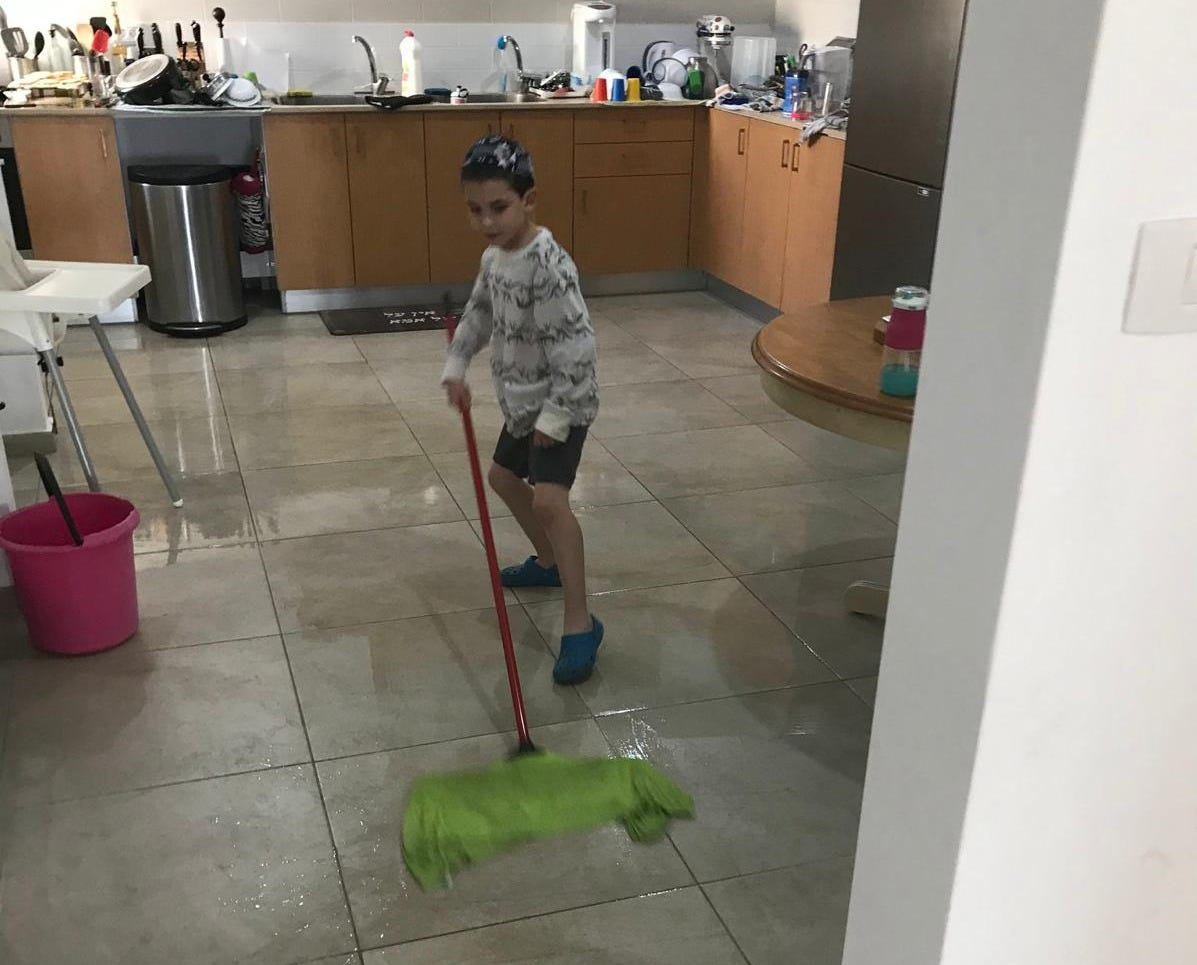
I think there have been times on this blog where I have railed against various aspects of the generation that is coming of age, which has also seeped into some of the attitudes among my peers. What I am referring to is what I would call “Meh”-ism or shrugging your shoulders and moving on.
Now there is for sure a time and a place for such an approach, and perhaps it is the correct one in the majority of situations. But there come times in one’s life and in our collective lives that we can’t just move on to the next thing or ignore the impact that someone’s actions have on our lives.
I was thinking about this a lot as I was doing the cleaning around my house for Pesach. We all know that the prohibition against Chametz is among the strictest in the Torah. Is the reason for this level of preciseness necessary in order for us to realize the magnitude of what this holiday means?
Allow me to elaborate. We can go through our lives essentially mimicking a flat line on an EKG. Maybe we get a little peak here and there, something catches our attention for a moment and then we move on. As I have mentioned elsewhere, this is no way to formulate memories. We need excitement, and action, and awareness in order to remember what is happening to us and for it to make an impact on us.
Cleaning and removing the chametz in our homes and our lives is the first step to generating this awareness. We are commanded to seek out the smallest details and then deal with them as appropriate, if it is kosher, let it stay, if it is not, destroy it in a way which is seared into your eyes (fire).
But this is only the beginning. The main event of the holiday (the Pesach Seder) is also formulated to make sure that we don’t just sail our way through without taking notice. There is even a “son” among the four sons that is representative of this approach and it is perhaps him more than any of the others that we must focus our attention on during the course of the evening so that he too leaves inspired.
There are many other times of the year where the Jewish nation is commanded to eat in order to commemorate an event that happened to our nation. But there is no other time of the year where the meal is accompanied by such an elaborate performance and story that without doing so you have not met your obligation. On some level, one may say that going “meh” throughout the rest of the year is acceptable or possibly even condoned, but the exception to this is Seder night.
The holiday of Pesach encompasses two of the greatest miracles to ever happen in the history of the world: the plague of the first born, and the splitting of the Red Sea. For generations already, no one has had direct experience of these events. Yet the seder night tries its best to recreate those events for us to the point that they are engrained in us and we are able to pass along their immense relevance to the next generation. Perhaps this is one aspect of what the phrase “in every generation, one is supposed to see himself as if he left Egypt” is supposed to mean.
So in essence, forcing one into preparation - physical, mental, educational, or financial - prior to this holiday is all part of the grander plan to ensure the continuation of the Jewish people. No one is able to just “show up” to the seder and then leave the moment it is over. No, either they study for weeks before, or they clean for weeks before, or they save money for months before, or they drive for hours to get to their destination or they break a sweat trying to get the house and food ready so others can enjoy.
It seems to have worked out well so far. Chag kasher v’sameach.
Maybe you want stickers to mark what is Chametz, and what is not (you can decide if the blog indicates chametz or not).
Beef tallow equivalent for your dog, or just shop on Amazon.



